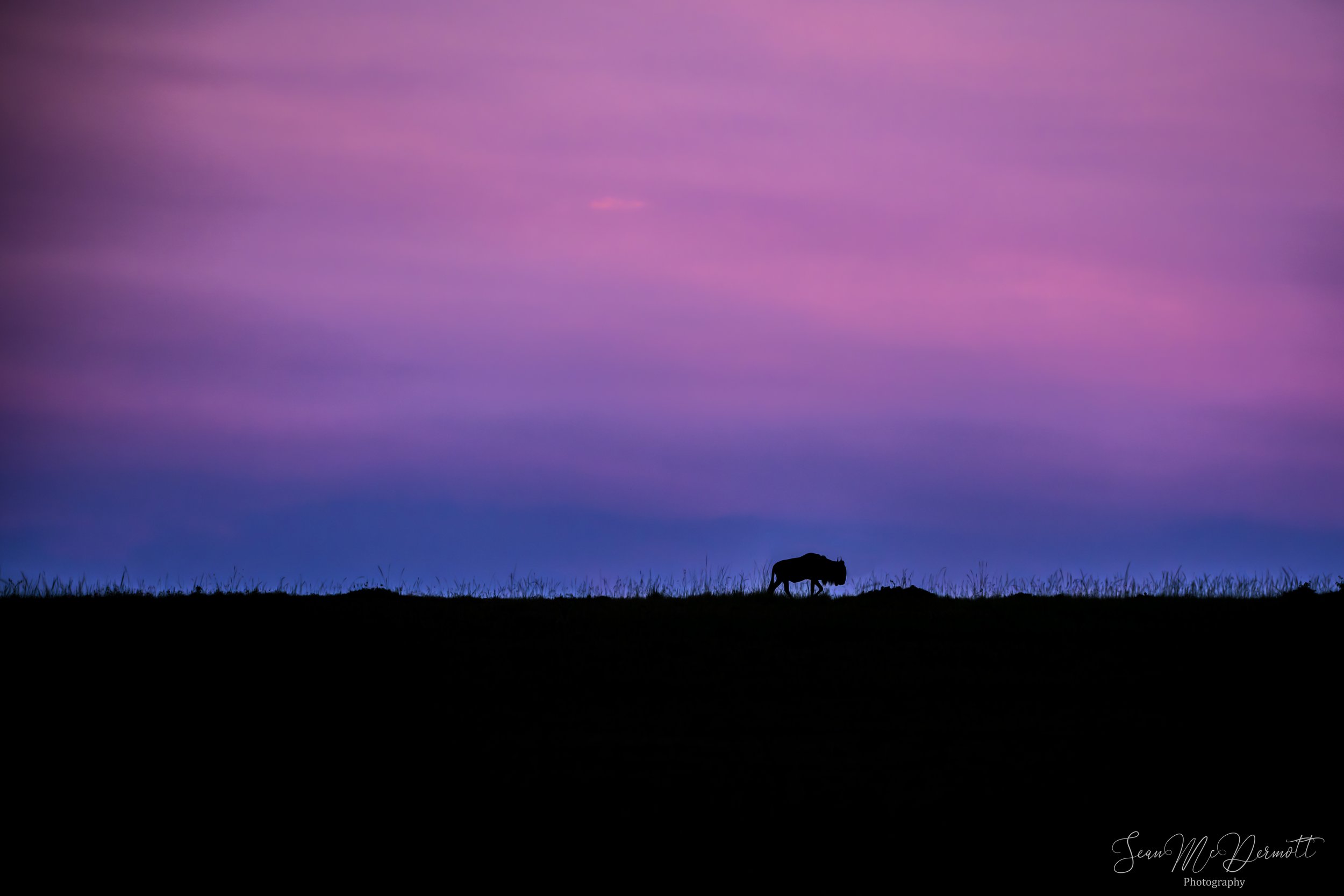
Written By Sean McDermott
So, you have watched Our Planet and Net Geo documentaries and you have made the decision: you want to go on a safari!
Firstly, you have made a great choice. I may be biased, however, a safari is an experience like no other and one you will remember and talk about forever. Below are my top tips from planning your safari, booking your safari, travelling to and making the most of your trip.
Planning Your Trip
1) What is your budget?
Going on safari is not cheap and there are camps and sites for a range of budgets. I would first recommend working out what your maximum budget is, then look at your international flight prices, as to have an understanding of how much you could afford to spend. From here I would begin looking at Safaris that fall within or just above my budget and focus on them.
2) What do you want to see?
I am sure this question is met with answers such as ‘a cheetah hunt’ or ‘elephants playing in water’. However, whilst there is the chance of this happening, you will need to take a small step back and think about what animals you wish to see. Some venues will offer you the chance to see all of the ‘Big 5’ whilst other camps may specialise in certain types of animals such as Cheetah, Lions, Rhinos etc. drastically increasing you chances of seeing your favourite animal. I highly recommend taking time to consider what you hope to see. Of course some camps and parks will tell you will see the Big 5, however there are no guarantees!
3) What are you going for?
I am sure you are thinking ‘The animals of course?’ or maybe not just that. Do your visions of safari involve you in an infinity pool looking across the African plains? Are your dreaming of a hot air balloon ride whilst the Wildebeest run on the plains below? Or do you imagine elephants strolling past as the sun sets with no one else around?
Different areas, parks, reserves and countries will offer different experiences and these can vary drastically. For example if you book into a Conservancy in the Masai Mara your vehicle will able to go ‘off-road’ and get closer to the animals. They also are a lot less crowded, with cars at sightings limited. They can be more expensive and often are based on Eco-Camps, with semi-permanent tents. Whilst the National Reserve has bigger, more extravagant camps, with pools and ‘insta-worthy’ views. However, these tend to have many more guest and you are restricted to roads within the national reserve. Alternatively, you are desperate to see a leopard and you are keen to get that photo for your wall, you have been saving for a while and do not mind paying a bit extra for the privilege of a more private experience: you would be looking at conservancies.
4) Where are you going?
The Masai Mara of course! Well, not so quick. Whilst the Masai Mara may be smaller than the Serengeti, it is still huge and has diverse landscapes and wildlife depending on which areas you go. If you have narrowed down the above two questions you should start to have a good idea of where in the Mara you want to go. For example: you are looking for a cheaper safari, with accommodation with a pool and you would like to see as many as the big 5 as possible and you do not mind having more vehicles around the wildlife….. you will be heading to the National Reserve!
5) Who are you going with?
A romantic get-a-way, a trip with friends or a family vacation? Ensure you research the camp and find out its policies. Some camps do not allow children at all, others may have age limits, whilst some will have kids clubs and cater for children. Some camps may offer romantic packages with moonlit meals and some camps will have bigger lodges so you can your friends can share a room/tent. Always ensure you research and if in doubt, email the company and ask any questions. Do not rule them out because of their website.
6) When are you going?
This will have a huge impact on your trip. March to May is the rainy season and some camps will be closed. Late July and early August is the wildebeest migration through the Masai Mara. Camps will be busy and prices high. September to early November will still have some wildebeest around, the grass will be short and is great for viewing game. November through to February is the short rain season and there will be some rain with longer grass, however the prices will be cheaper (except for around Christmas when it can get very busy).
7) Narrow down your top 3 and be patient
Find your three top choices that are within your budget and follow them on all social media outlets such as Facebook, Youtube, Instagram etc. Also, have a look at the name of the companies hashtag and follow that too. Spend a few days watching and HERE IS THE TOP TIP: do not follow the feed on Instagram as these will be selected by the company, go to the tagged section and have a look through the photos and videos that the company has been tagged in. Be mindful of the time of year (see point 5) do not expect much activity during the wet season. This will give you a realistic idea of what people are seeing.
8) Ask Questions!
So you think you have found the one! I would recommend emailing the company and asking any questions you have for example: do they offer nighttime game drives?
